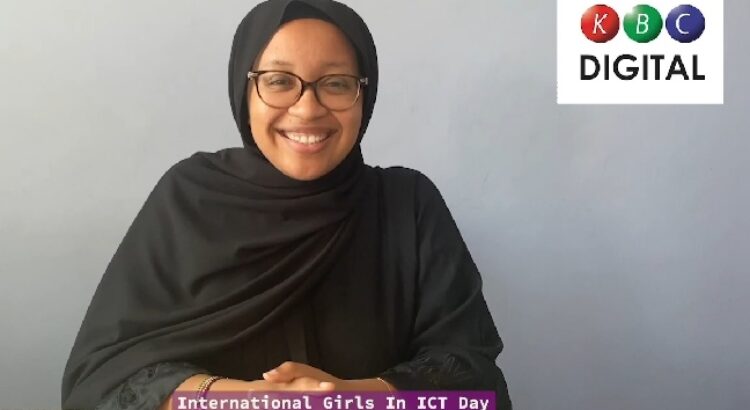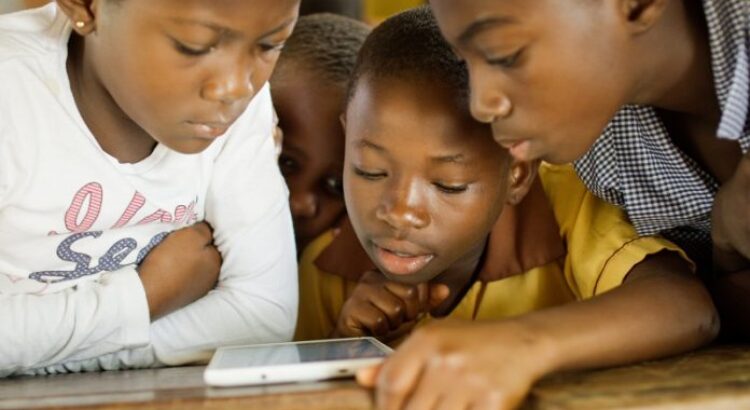Africa/Kanya/Author :Prudence Wanza/Source: www.kbc.co.ke
The calls for Girls and women to embrace technology careers have dominated this year’s International Girls in ICT Day with stakeholders decrying a skills gap in the sector, rated one of the fastest growing globally.
According to the Chief Administrative Secretary (CAS) in the Ministry of ICT, Nadia Ahmed Abdalla, more young men are joining the ICT world than women because of stereotypes in the sector.
“I encourage young girls to join the ICT sector. A lot of times when people talk about ICT they talk about the young males who are there because it’s seen as a sector where only boys can thrive,” she stated
The CAS called upon young women to join the thriving sector especially during this period when the world is relying more on technology to stay connected and keep vital services and businesses ongoing due to the Corona virus pandemic.
“The covid-19 pandemic has shown us that the ICT world is the way forward, it is not the future any more, it is the present,” she said
According to the International Telecommunication Union (ITU), half the world is still offline and most of those who lack access to digital technology are women and girls in developing countries.
Additionally, there exists a 17 percent gender gap in internet use thus denying women and girls opportunities to access education, find better-paid jobs, and start new businesses.
“Making technologies available to all is an essential part of building back stronger communities and economies, and addressing many of the world’s most pressing challenges.” Antonio Guterres, Secretary General of the United Nations stated
The International Girls in ICT Day is marked annually on the fourth Thursday in April.
This year’s theme is, ‘Connected Girls Creating Brighter Futures’
Source and Image: https://www.kbc.co.ke/young-women-urged-to-seek-technology-careers-as-world-marks-international-girls-in-ict-day/













 Users Today : 13
Users Today : 13 Total Users : 35459479
Total Users : 35459479 Views Today : 16
Views Today : 16 Total views : 3417774
Total views : 3417774